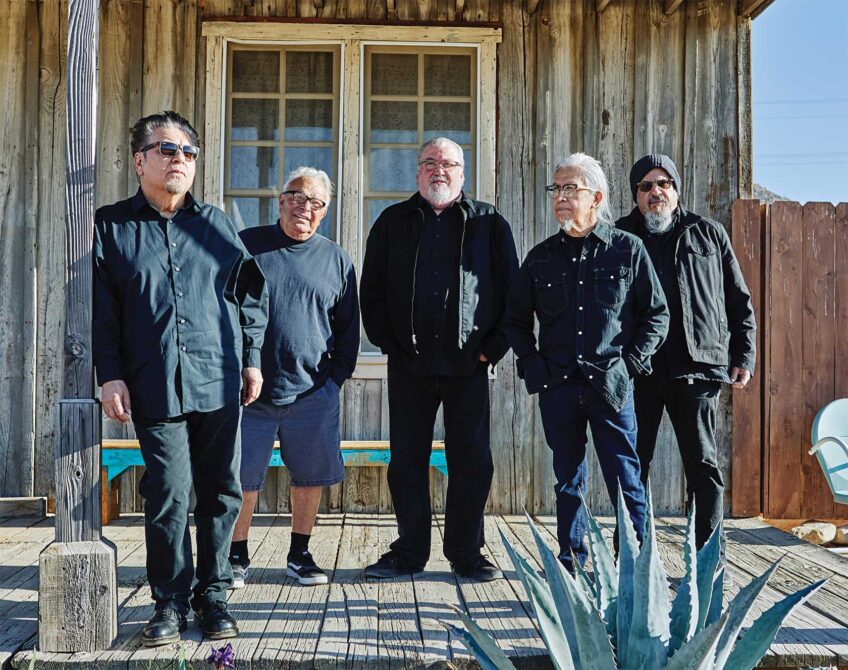
“The most important film of our time,” reads the tagline for the biopic “Notorious,” a much-publicized film that tells the story of the life and death of slain rapper Notorious B.I.G., a.k.a. Biggie Smalls.
Really?
This is a more important film than “Malcolm X”?
It’s more important than the films about Martin Luther King Jr.? Or films like “Cry Freedom” or “The Great Debaters”?
It might not even be the most important hip-hop movie of our time. What about “Krush Groove” or “Beat Street”?
I’ve loved hip-hop ever since I first heard “Rock Box” by Run DMC back in the early ’80s. In the early days, artists like Kurtis Blow, the Sugar Hill Gang, Whodini, the Fat Boys, LL Cool J and the Beastie Boys got the ball rolling. Later in the decade, the likes of EPMD, Boogie Down Productions, Eric B. and Rakim, Public Enemy, NWA, A Tribe Called Quest, De La Soul, Queen Latifah, Compton’s Most Wanted and Dr. Dre revolutionized the art form and brought it to the masses.
These are the legitimate pioneers of rap and hip-hop.
Now, granted, I can’t stomach much of what passes as hip-hop nowadays; it seems like it’s geared more toward a segment of the population that wear “skinny jeans” and Mohawk hair styles — in other words, little kids and adolescents.
This brings me back to “Notorious.” His entire career spanned two albums. Two albums! His first, 1994’s “Ready to Die,” is labeled a classic, but I would have to disagree. Can you really compare it to Public Enemy’s legendary 1988 record “It Takes a Nation of Millions to Hold Us Back,” or to Ice Cube’s 1991 album “Death Certificate,” or Tribe’s “The Low End Theory,” also released in ’91?
These albums defined a generation and helped to revolutionize the way hip-hop was viewed. These albums made you think as well as made you move. While the three albums are as different from one another as President-elect Barack Obama is to the late Ronald Reagan, they are lyrically and musically on point.
On the other hand, “Ready to Die” is mostly filled with the usual tales of hustling, sex, standard rap braggadocio and party songs. It is no different than anything that has come before it. The only thing that set this album apart is the beats, which deviated from the mid-’90s grimy East Coast sound that permeates the albums of such contemporary New York artists as the Wu-Tang Clan, Black Moon and Onyx. But that difference should be attributed to P. Diddy and his Hitmen production team, not to Biggie.
“Ready to Die” paints Biggie as a sort of hard-luck case who was able to pull himself up out of a bad situation and become a winner. This might have been inspirational to a lot of people, but the whole “rags to riches” story was nothing new or innovative. Neither was the whole “I had to sell drugs to feed my daughter” song and dance, which was supposed to make his actions seem honorable without any remorse on his part. At least when NWA or Ice-T wrote tales about drug hustling, there were some kind of repercussions for the pushers included within the song.
The content remains largely the same on Biggie’s second album, “Life after Death,” though the tone is less bleak, because now he has “made it.” There are fewer hard luck tracks and more songs dedicated to the credo, “Let’s party, drink champagne and sleep with random chicks.” He even has the good sense to include a how-to song on the rules of selling drugs (“Ten Crack Commandments”). This is just what black youth need. There are, however, a few notable songs on “Life after Death,” such as “Notorious Thugs,” which pairs Biggie with the rapid-fire delivery of Bone Thugs and Harmony and showcases his impressive ability to go toe-to-toe and bar-for-bar with the nimble-tongued Cleveland rap quartet.
Don’t misunderstand: I don’t think that Biggie was without talent. On the contrary, I think he was a very skilled wordsmith. But to label him as “the greatest rapper of all time,” as a lot of people has done, is a slap in the face to all of the great MCs that came before and after him who have had more of an impact in the development and evolution of hip-hop.
What about KRS-One? Or Big Daddy Kane? Or a man who I think should be in everybody’s top-five, a person who revolutionized hip-hop music and in my opinion truly took rap to a new level — Rakim? When are the movies about their lives coming out? That shouldn’t be a notorious question.
Fanon Hutchinson is the editor and publisher of “The Truth,” a Los Angeles-based hip-hop and sports blog. For more, visit bighutchbaby.blogspot.com.






